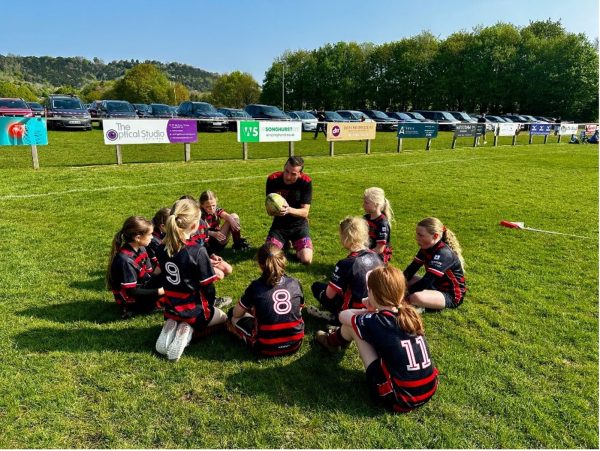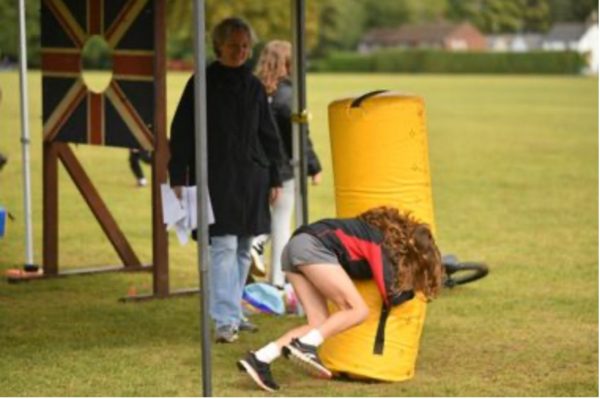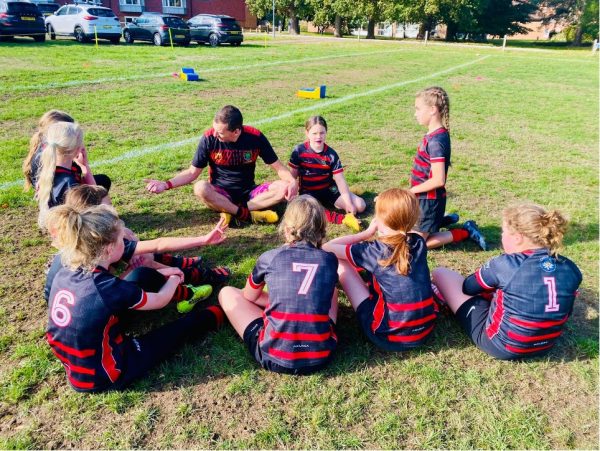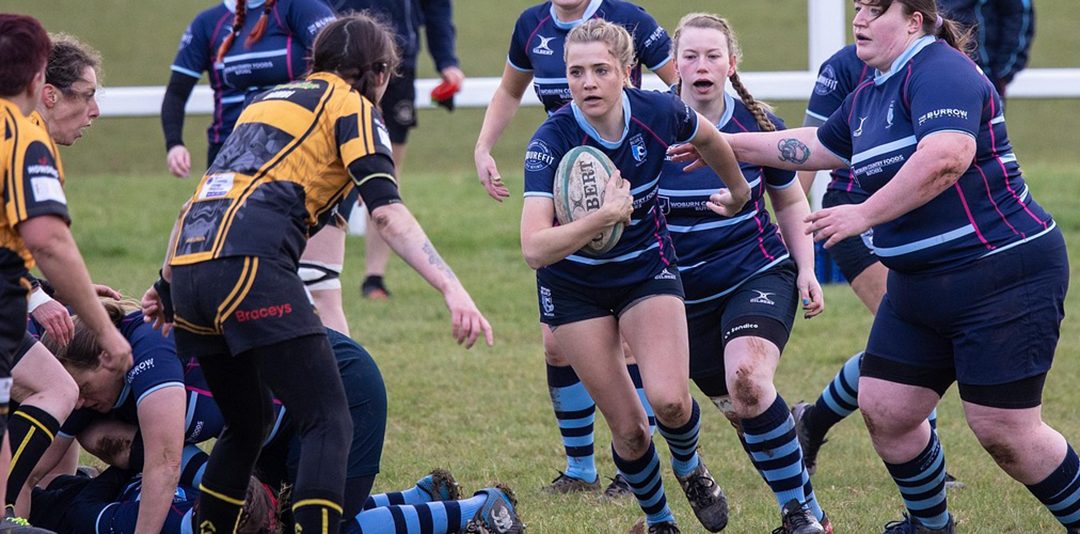What Coaching Junior Rugby Teaches Us About Leadership
Human resources • Industry matters
From the Rugby Pitch to the Boardroom
In his spare time, and there isn’t much of it, Ground & Water Director Fran Williams is Vice Chair (Junior Section) of Alton Rugby Club. He also coaches the newly formed U10/U11 Girls’ side, in which his daughter plays. The aim to grow the Girls’ side of the game follows the hugely high bar set by the Red Roses over the summer. Fran was formerly lead coach of the U10 mixed side and helps with the U18s (Colts) from time to time.
He says: “During my stints at coaching, I have been struck by the similarities between coaching a sports team and company leadership… So here is a little blog about it… With a bit of help from AI.”
A recent article published in the Independent said: Coaching girls’ rugby can feel like leading a Viking raid (or herding cats)
Whether you’re guiding a team of young athletes or steering a company toward success, the principles of leadership remain strikingly similar. Coaching junior rugby and leading a business may seem worlds apart, but both demand vision, empathy, resilience and the ability to bring out the best in others. Here’s how the muddy boots of the rugby pitch mirror the polished shoes of the corporate world.
- 🎯 Clear Vision and Strategy
In rugby, a coach sets the game plan – how the team will play, what tactics they’ll use, and how they’ll adapt to the opposition. In business, leaders do the same: they define the company’s mission, set strategic goals, and pivot when market conditions change:
- Rugby: “Let’s spread the ball wide and exploit their weak left flank.”
- Business: “Let’s focus on underserved markets and leverage our unique value proposition.”
Both require foresight, planning, and the ability to communicate the strategy clearly to the team.

2. 🧠 Developing People, Not Just Skills
Junior rugby coaching isn’t just about teaching passing and tackling… It’s about nurturing confidence, teamwork, and character. Similarly, great business leaders invest in their people’s growth, helping them develop professionally and personally:
- Encouragement over criticism
- Celebrating effort, not just outcomes
- Creating a safe space to learn from mistakes.
Whether it’s a young winger learning to trust their instincts or a junior analyst finding their voice in meetings, the goal is the same: build capable, confident individuals.

3. 🤝 Building Trust and Team Culture
A rugby team thrives on trust – players must rely on each other to make tackles, support runs, and stay disciplined. In a company, trust fuels collaboration, innovation, and morale:
- Coaches foster camaraderie through shared goals and mutual respect
- Leaders build culture through transparency, inclusion, and consistency.
Both environments succeed when individuals feel valued and connected to a greater purpose.

4. 🔄 Feedback and Adaptability
Junior rugby coaches constantly give feedback – during drills, after matches, and in one-on-one chats. Business leaders do the same through performance reviews, mentoring, and daily interactions:
- Effective feedback is timely, specific, and constructive
- Adaptability is key — whether it’s changing a training drill or pivoting a product strategy.
The ability to learn, adjust, and grow is what separates good teams from great ones.

5. 💪 Resilience in the Face of Setbacks
Losses happen… On the field and in the market. A coach helps young players bounce back from defeat, just as a leader helps their team recover from missed targets or failed launches:
- Normalise setbacks as part of growth
- Focus on lessons, not blame
- Keep morale high and eyes forward.
Resilience is a muscle built through experience, encouragement, and perspective.

6. 🥇 Celebrating Wins — Big and Small
Whether it’s a first successful tackle or a major business milestone, celebrating progress keeps teams motivated:
- Junior rugby coaches cheer every improvement
- Business leaders recognise achievements to reinforce momentum.
Acknowledging effort and success builds pride and reinforces a winning mindset.

The Final Whistle: Leadership Is a Team Sport
Coaching junior rugby teaches us that leadership isn’t about control — it’s about connection. It’s about guiding, supporting, and inspiring others to be their best. Whether you’re on the pitch or in the boardroom, the fundamentals remain the same: lead with heart, listen with intent, and never underestimate the power of a well-timed high five.
